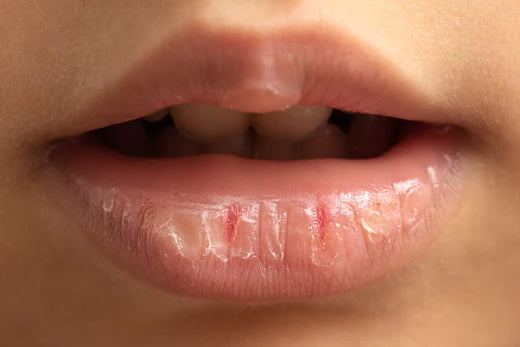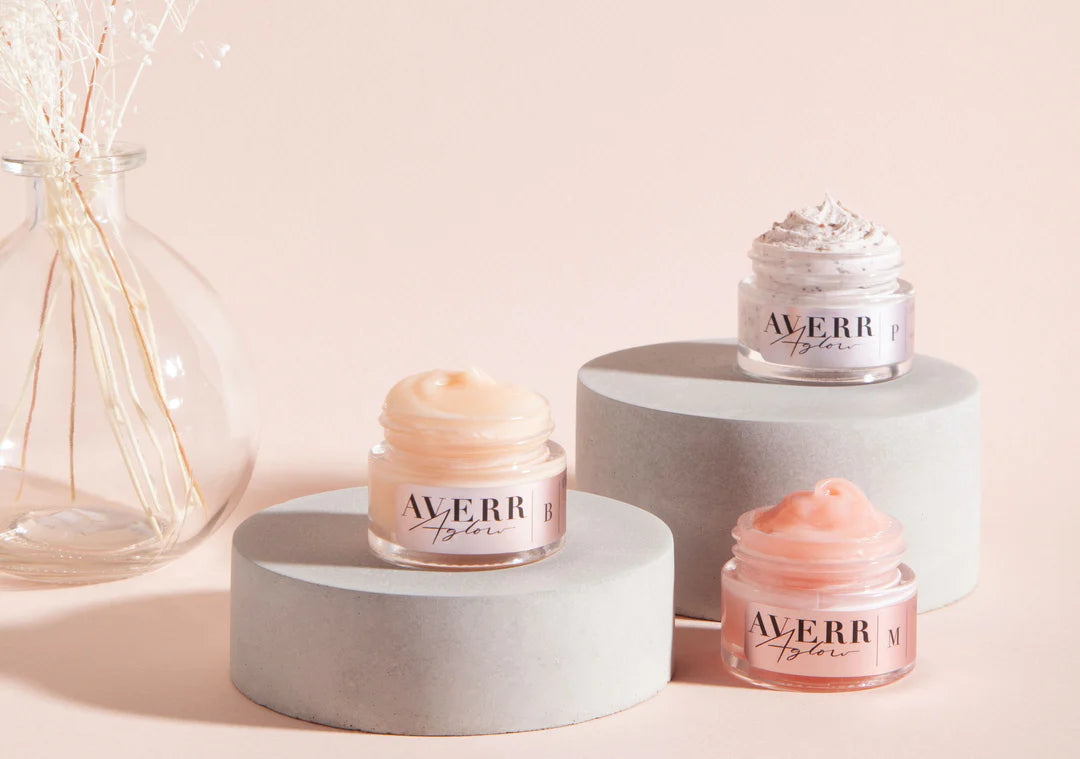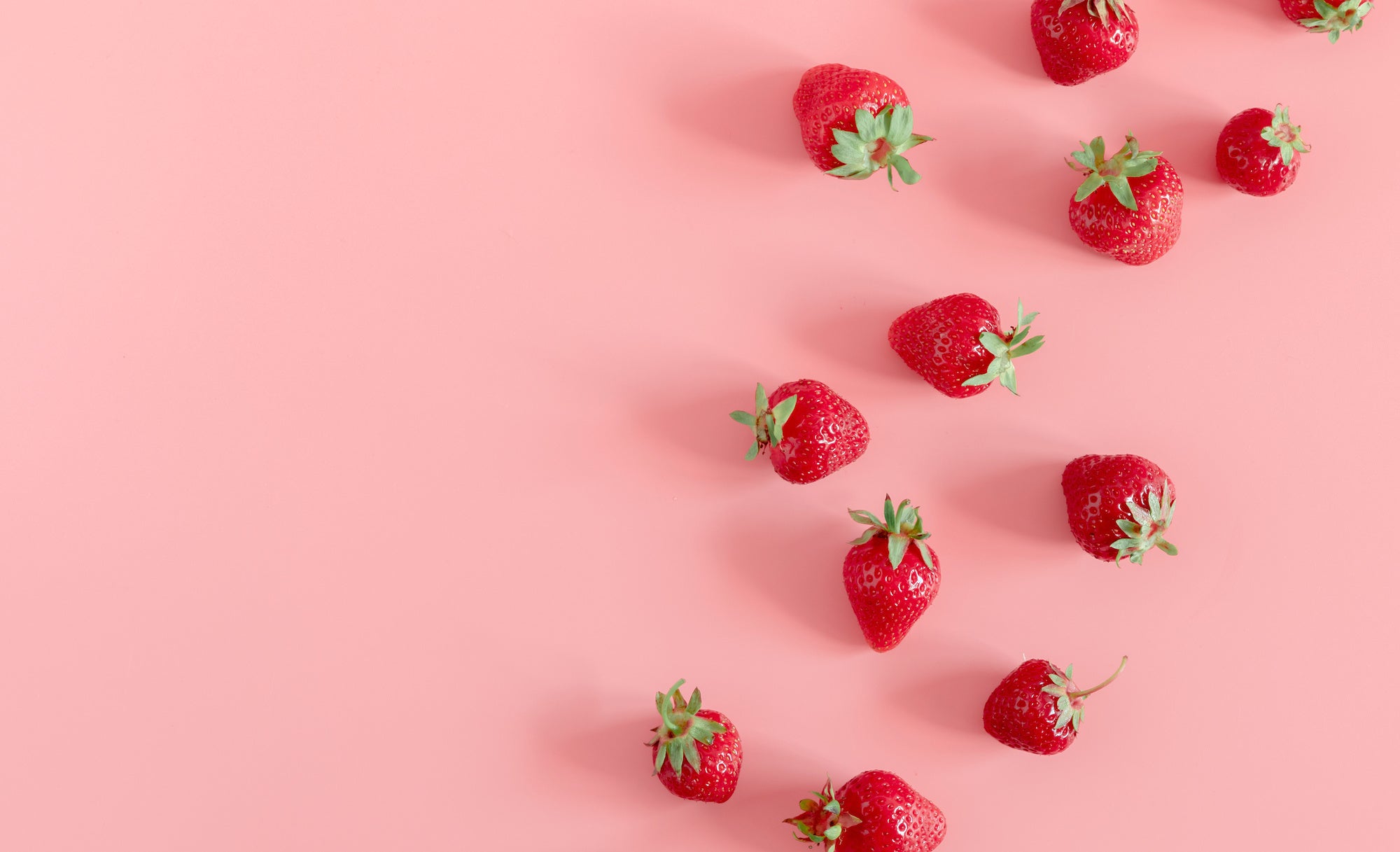
Chapped Lips: Rescue Your Pout
Chapped lips, a common and often overlooked facet of our daily lives, can be both a persistent annoyance and a signal of underlying health considerations. We've all experienced that uncomfortable dryness, the flaky texture that prompts an instinctive need for relief. Whether you're navigating the seasonal shifts or grappling with year-round challenges, the quest for soft and luscious lips is a shared endeavor. We’ll discover the secrets of caring for our lips, ensuring they remain soft, supple, and comfortable throughout the year.
What are Chapped Lips?
Chapped lips, also known as cheilitis, are a common condition characterized by dryness, cracking, and sometimes soreness or swelling of the lips. This condition can range from mild discomfort to more severe symptoms, depending on the extent of dryness and cracking.
What Causes Chapped Lips?
Chapped lips, a common condition characterized by dryness, cracking, and discomfort, can be caused by various factors. Understanding these triggers is crucial for effective prevention and management. Here are some common causes of chapped lips:
- Dry Air: Exposure to dry or cold weather, low humidity, or windy conditions can strip the natural moisture from the delicate skin of the lips, leading to dryness and chapping.
- Dehydration: Insufficient water intake can contribute to overall dehydration, affecting the moisture levels in the body, including the lips.
- Excessive Licking: While licking the lips may seem like a quick solution, saliva evaporates rapidly, leaving the lips even drier. The enzymes in saliva can also break down the thin protective barrier of the skin.
- Sun Exposure: Prolonged exposure to the sun without adequate protection can result in sunburn and contribute to dry, chapped lips.
- Allergies or Irritants: Certain lip care products, toothpaste, or foods may contain allergens or irritants that can cause an allergic reaction or irritation, leading to chapped lips.
- Breathing Through Your Mouth: Chronic mouth breathing, especially during sleep, can increase moisture evaporation from the lips, contributing to dryness.
- Medications: Some medications, such as those with drying side effects, can contribute to chapped lips as a secondary effect.
- Skin Conditions: Certain skin conditions, like eczema or psoriasis, can affect the lips and result in chapping.
- Vitamin Deficiencies: Inadequate intake of essential vitamins, particularly B vitamins and iron, can impact skin health, including the skin on the lips.
- Harsh Products: Using harsh or irritating lip care products, such as those containing alcohol or fragrances, can strip away natural oils and contribute to dryness.
What Vitamin Deficiency Causes Cracked Lips?
Cracked lips can be a symptom of various vitamin deficiencies, but one of the most commonly associated deficiencies is a lack of B vitamins, specifically vitamin B2 (riboflavin) and vitamin B3 (niacin). These vitamins play a crucial role in maintaining healthy skin, and their deficiency can contribute to skin issues, including dry and cracked lips.
Here's a brief overview of the role of these B vitamins:
- Vitamin B2 (Riboflavin): Riboflavin is essential for maintaining healthy skin, and its deficiency can lead to skin problems, including cracked lips. This vitamin is involved in energy production and the maintenance of mucous membranes, which include the delicate skin of the lips.
- Vitamin B3 (Niacin): Niacin is important for the overall health of the skin. A niacin deficiency can result in a condition known as pellagra, which includes symptoms such as skin inflammation, dermatitis, and cracked lips.
- Other Nutritional Factors: In addition to B vitamins, deficiencies in certain minerals and other vitamins can also contribute to cracked lips:
- Iron Deficiency: Anemia, often caused by iron deficiency, can lead to dry and cracked lips.
- Zinc Deficiency: Zinc is crucial for wound healing and overall skin health. A zinc deficiency may contribute to skin issues, including cracked lips.
How Do I Fix My Chapped Lips?
Addressing chapped lips involves a combination of preventive measures and targeted care to restore moisture and soothe the skin. Here's a step-by-step guide to help fix chapped lips:
- Stay Hydrated: Drink plenty of water to maintain overall hydration. Well-hydrated bodies are better equipped to keep the skin, including the lips, moisturized.
- Use a Humidifier: If you're in a dry or cold environment, consider using a humidifier. Adding moisture to the air can help prevent your lips from drying out.
- Protect Your Lips: Apply a lip balm with SPF to shield your lips from the sun's harmful rays. Look for a product with moisturizing ingredients like beeswax, shea butter, or coconut oil.
- Avoid Licking Your Lips: While licking your lips may provide temporary relief, it can exacerbate dryness as saliva evaporates quickly, leaving your lips drier.
- Gently Exfoliate: Use a mild lip scrub or a soft toothbrush to gently exfoliate your lips. This helps remove dead skin cells and promotes better absorption of moisturizing products.
- Apply Lip Balm Regularly: Use a hydrating lip balm throughout the day, especially after eating or drinking. Reapply as needed to maintain moisture. Look for a product without harsh ingredients like alcohol.
- Overnight Treatment: Apply a thicker layer of a rich, hydrating lip balm before bedtime. This overnight treatment allows for deep moisturization, helping your lips recover while you sleep.
- Avoid Harsh Products: Avoid using products with harsh ingredients, fragrances, or allergens that could further irritate your lips.
- Consider Natural Remedies: Natural remedies like applying a small amount of honey or coconut oil can provide additional moisture to your lips. However, be cautious if you have allergies.
- Address Underlying Causes: If your chapped lips persist or are severe, consider if there might be underlying causes, such as vitamin deficiencies or allergies. Consult with a healthcare professional for proper evaluation and guidance.
- Limit Caffeine and Alcohol: Both caffeine and alcohol can contribute to dehydration. Limiting their intake may help maintain better overall hydration.
- Avoid Breathing Through Your Mouth: If you're prone to mouth breathing, especially during sleep, consider addressing this habit as it can contribute to lip dryness.
- Use a Lip Mask: Consider using a hydrating lip mask or thicker ointment for intensive moisturization. Apply it when your lips need extra care, such as during cold weather.

How to Prevent Chapped Lips
Preventing chapped lips involves a combination of protective measures and consistent skincare practices. Here's a guide to help you maintain soft and hydrated lips:- Stay Hydrated: Drink an adequate amount of water throughout the day to keep your body, including your lips, well-hydrated.
- Use a Humidifier: Especially in dry or cold weather, use a humidifier to add moisture to the air. This helps prevent the air from drying out your lips.
- Protect Your Lips: Apply a lip balm with SPF to protect your lips from the sun's harmful UV rays. Look for a product with moisturizing ingredients like beeswax, shea butter, or coconut oil.
- Avoid Licking Your Lips: While it may provide temporary relief, licking your lips can worsen dryness as saliva evaporates quickly, leaving your lips drier.
- Gently Exfoliate: Use a mild lip scrub or a soft toothbrush to gently exfoliate your lips. This removes dead skin cells and promotes better absorption of moisturizing products.
- Apply Lip Balm Regularly: Use a hydrating lip balm regularly, especially after eating or drinking. Reapply as needed to maintain moisture. Choose a product without harsh ingredients like alcohol.
- Overnight Treatment: Apply a thicker layer of a rich, hydrating lip balm before bedtime. This overnight treatment allows for deep moisturization and helps prevent chapped lips.
- Avoid Harsh Products: Steer clear of lip care products with harsh ingredients, fragrances, or allergens that could irritate your lips.
- Consider Natural Remedies: Natural remedies like applying a small amount of honey or coconut oil can provide additional moisture to your lips.
- Address Underlying Causes: Be mindful of potential underlying causes, such as vitamin deficiencies or allergies.
- Limit Caffeine and Alcohol: Both caffeine and alcohol can contribute to dehydration. Moderating their intake may help maintain better overall hydration.
- Protect Your Lips in Harsh Conditions: In extreme weather conditions, such as cold or windy weather, wear a scarf or use a balaclava to shield your lips from harsh elements.
- Use a Lip Mask: Incorporate a hydrating lip mask or thicker ointment into your routine for intensive moisturization, especially during colder months.
- Avoid Mouth Breathing: If you tend to breathe through your mouth, especially during sleep, consider addressing this habit, as it can contribute to lip dryness.
By incorporating these preventive measures into your daily routine, you can help ensure that your lips stay moisturized and healthy, minimizing the risk of chapping.






